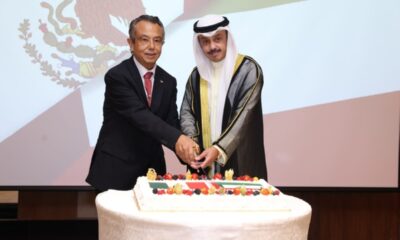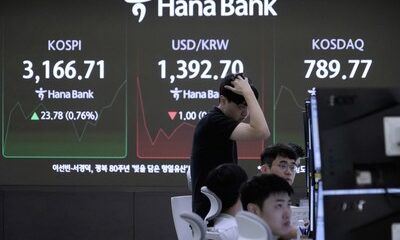Business
Ghana prohibits foreigners from trading gold in the country starting May 1
-

 Latest News22 hours ago
Latest News22 hours agoEmbassy of Mexico in Kuwait celebrates Independence Day
-

 Latest News21 hours ago
Latest News21 hours agoKUNA and French ambassador discuss media cooperation
-

 Latest News19 hours ago
Latest News19 hours agoDDI workshop focuses on diabetic foot care
-

 Business23 hours ago
Business23 hours agoMajid Al Futtaim launches HyperMax in Kuwait
-

 Latest News20 hours ago
Latest News20 hours agoIWG opens season with celebration of Mexican culture
-

 Business13 hours ago
Business13 hours agoSouth America’s Mercosur bloc signs trade deal with 4 European countries
-

 Business9 hours ago
Business9 hours agoKuwait cracks down on industrial plot violations
-

 Business8 hours ago
Business8 hours agoUK inflation remains nearly double target ahead of expected interest rate hold
























